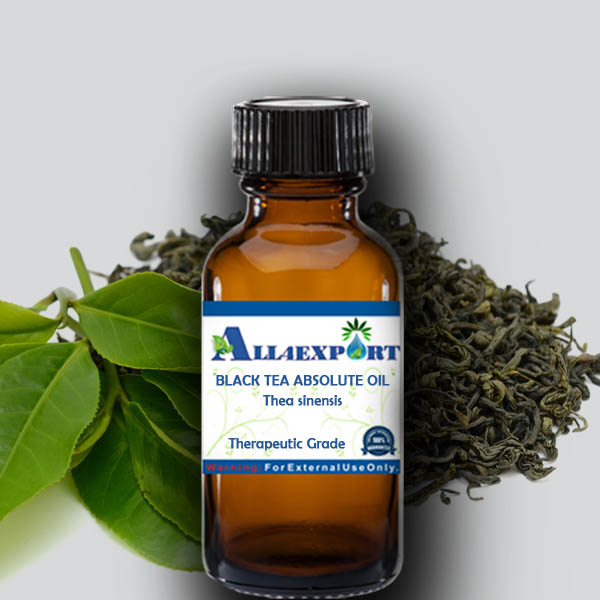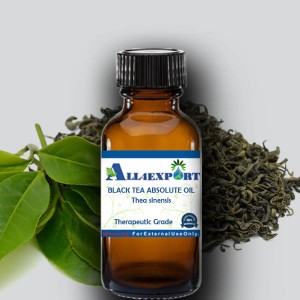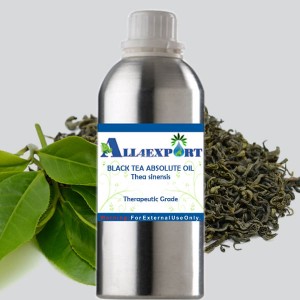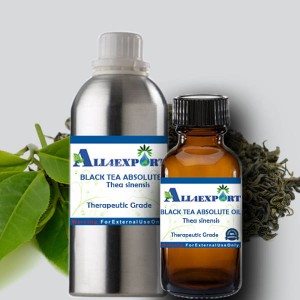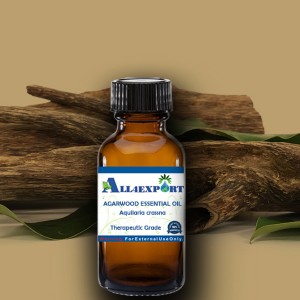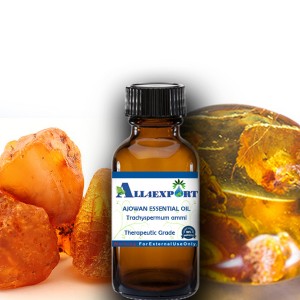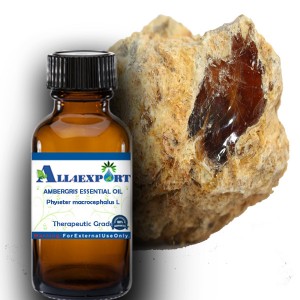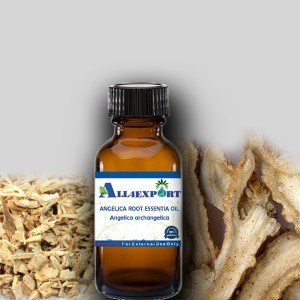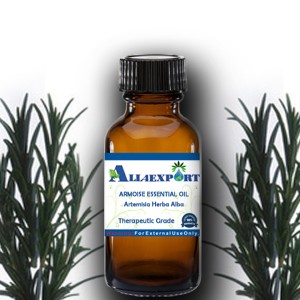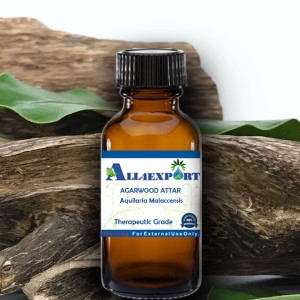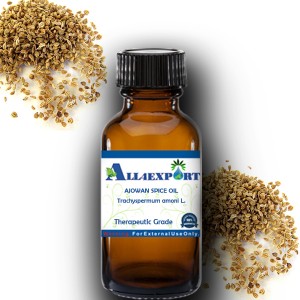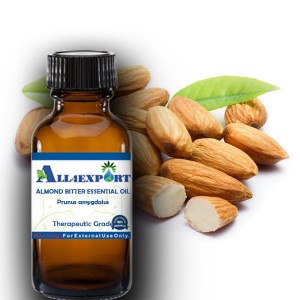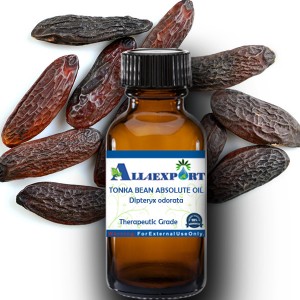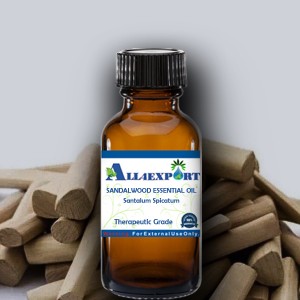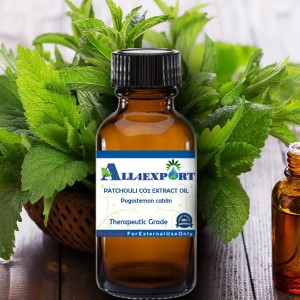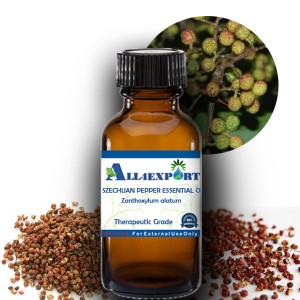| BLACK TEA ABSOLUTE OIL |
Botanical Name | : | Thea sinensis | Country of Origin | : | France | Solubility | : | water soluble | Specific Gravity | : | 1.450 - 1.525 | Optical Rotation | : | -4 to -15 | Refrective Index | : | 0.938~0.950 | Plant Part | : | Leaf | Blend With | : | Star Jasmine, White Cedarwood, Amber Crystal | CAS No | : | 84650-60-2 | Flash Point | : | 62°C | Extraction Method | : | hydro-distillation |
|
Description : Black tea is produced by oxidizing the leaf of the plant Camellia sinensis. The name ‘black tea’ can be attributed to the color of the tea. However, technically, it is dark amber or orange in color. Hence, the Chinese referred to it as red tea.
|
Constituents : Pesticides, Essential oils, volatile |
Uses : Black Tea absolute oil is applied to the skin (used topically) for infections such as acne, fungal infections of the nail (onychomycosis), lice, scabies, athlete's foot (tinea pedis), and ringworm.
|
Benefit : Black tea absolute oil contains flavonoids, which are beneficial for heart health. Studies have found that regularly drinking black tea may help reduce the risk of heart disease. |
Caution Note: We recommend Keep out of the reach of children. Avoid contact with skin and eyes.
All of the information and opinions that are provided on this web site are for informational and educational purposes only. This information is not intended to replace medical advice given by a medical practitioner. Anyone considering alternative therapies should consult with their medical professional before using an alternative method of healing. We do not give nor is any opinion on our web site medical advice.
|








